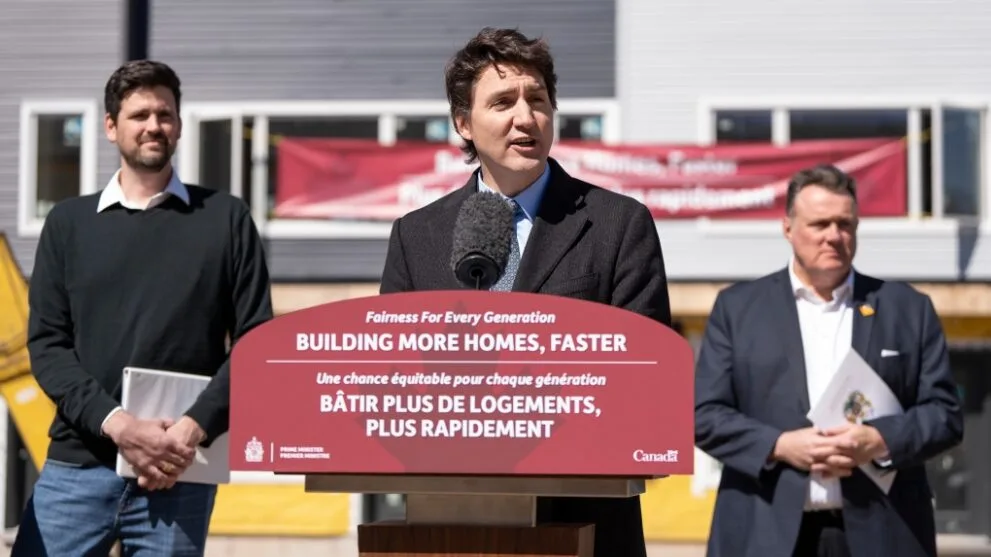Ottawa – Bill C-59, the Fall Economic Statement Implementation Act, 2023, received Royal Assent. With the passage of this legislation, the government is delivering on key measures from the 2023 Fall Economic Statement to help make life cost less, build more homes, and ensure our economic growth is shared by all.
Measures adopted in Bill C-59 to stabilize prices and make life more affordable include:
- Modernizing competition law in Canada to help stabilize prices by amending the Competition Act and the Competition Tribunal Act, and building on changes proposed in Bill C-56, which will:
- Make it easier for Canadians to repair their devices by preventing product manufacturers from refusing to provide the means of repair of devices, in an anti-competitive manner;
- Further modernize merger reviews;
- Enhance protections for consumers, workers, and the environment, including improving the focus on worker impacts in competition analysis;
- Empower the Commissioner of Competition to review and crack down on a wide selection of anti-competitive collaborations; and,
- Broaden the reach of the law by enabling more private parties to bring cases before the Competition Tribunal and receive payment if they are successful.
- Making mental health services more affordable by removing the GST/HST on psychotherapy and counselling therapy services.
- Introducing a 15-week shareable Employment Insurance adoption benefit for adoptive parents, including surrogate parents, while ensuring that workers in federally regulated sectors have job protection while receiving the new benefit.
- Creating a new paid leave for federally regulated workers to support families who experience pregnancy loss.
- Developing a tobacco cost recovery framework, which will increase the tobacco industry’s accountability by ensuring tobacco companies contribute to the government’s costs of responding to the tobacco epidemic.
- Doubling the rural top-up on the Canada Carbon Rebate, from 10 per cent to 20 per cent, in recognition of rural Canadians’ higher energy needs and more limited access to cleaner transportation options.
Measures adopted to help build more homes, faster, include:
- Building more rental housing by removing the GST on new rental home construction for co-operative housing corporations that provide long-term rental accommodation.
- Establishing the Department of Housing, Infrastructure and Communities (currently Infrastructure Canada) to clarify the department’s powers, duties, and functions as the federal lead for improving housing outcomes and enhancing public infrastructure.
Measures adopted to create jobs, help businesses grow, and build an economy that works for everyone include:
- Delivering the Carbon Capture, Utilization, and Storage and the Clean Technology investment tax credits to help grow the economy and create great jobs for Canadians, all while reducing emissions.
- Ensuring Canadian workers benefit from Canada’s major economic investment tax credits, by introducing labour requirements requiring businesses to pay prevailing union wages and provide apprenticeship training opportunities in order to receive the maximum credit rate for these tax credits.
- Establishing the stand-alone Canada Water Agency to strengthen sustainable and coordinated freshwater management across Canada.
- Allowing for the implementation of the Digital Services Tax to protect the interests of Canadians by ensuring that digital companies pay their fair share of taxes in the absence of timely implementation of an international, multilateral system.
“With the Fall Economic Statement Implementation Act receiving Royal Assent today, we are delivering on our plan to build a fairer Canada for every generation. The passage of Bill C-59 enables us to deliver on important measures to build more homes, faster, make life more affordable, and create more good jobs.” – Chrystia Freeland,
Deputy Prime Minister and Minister of Finance








